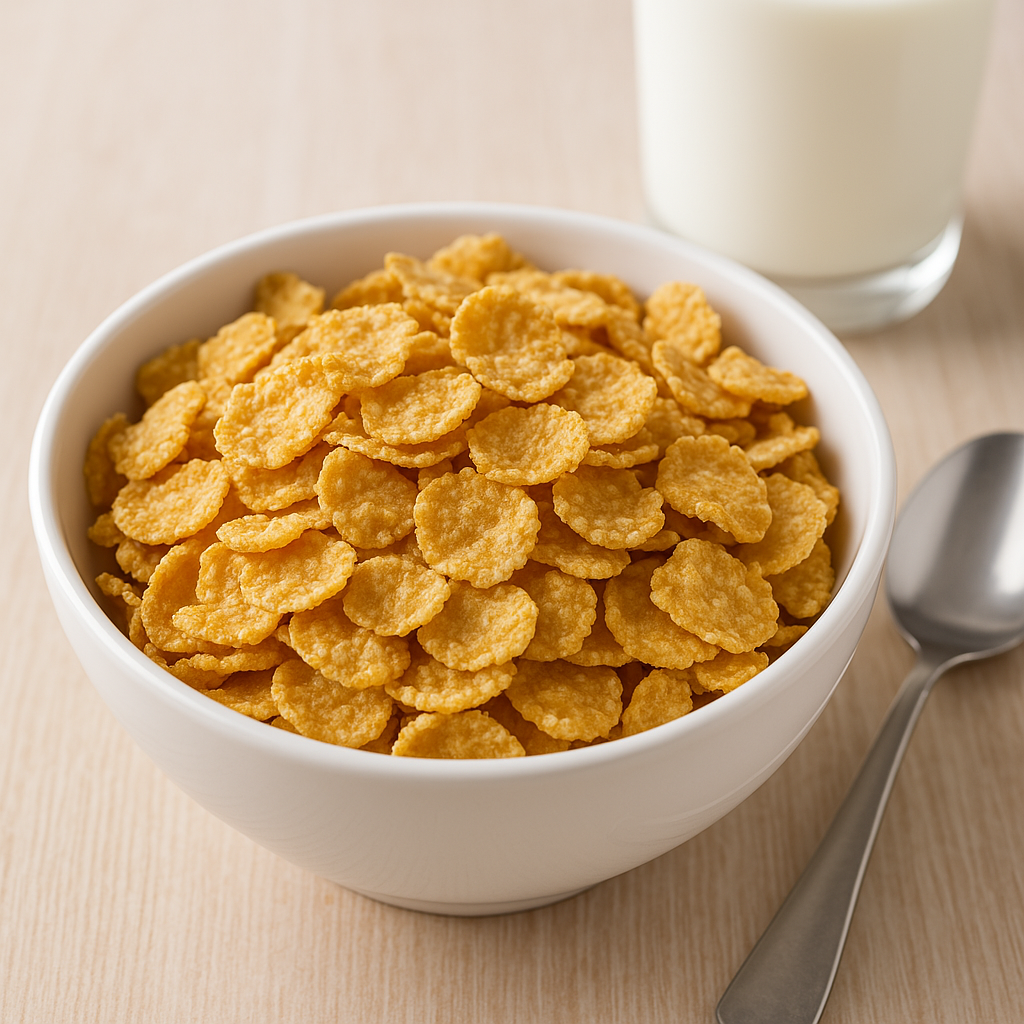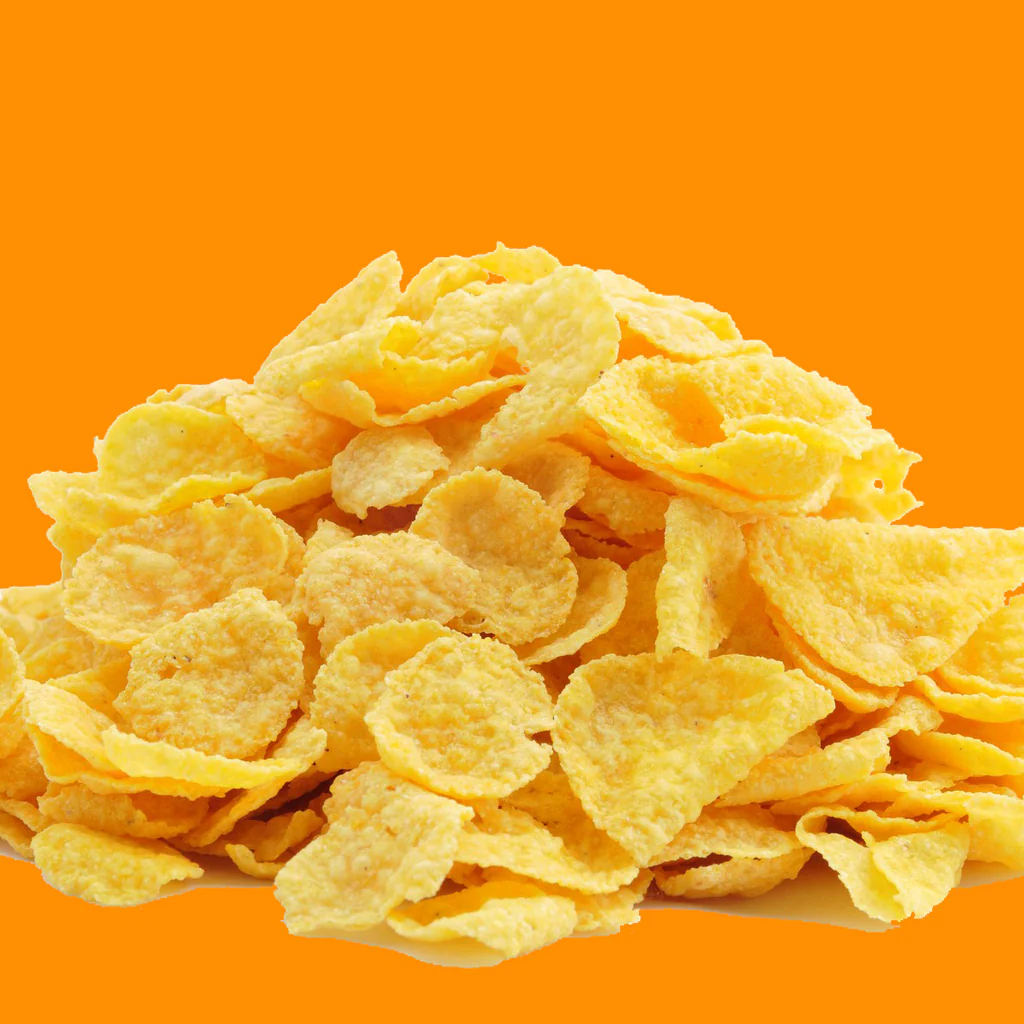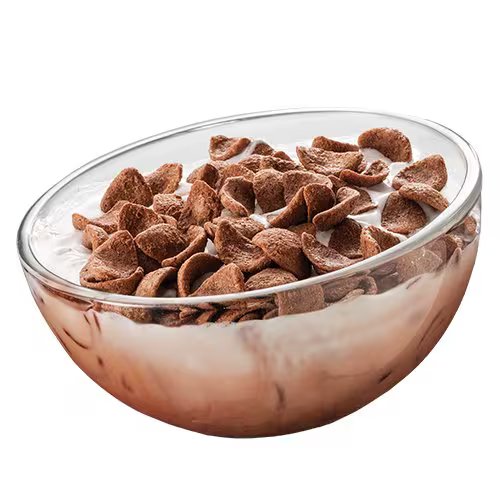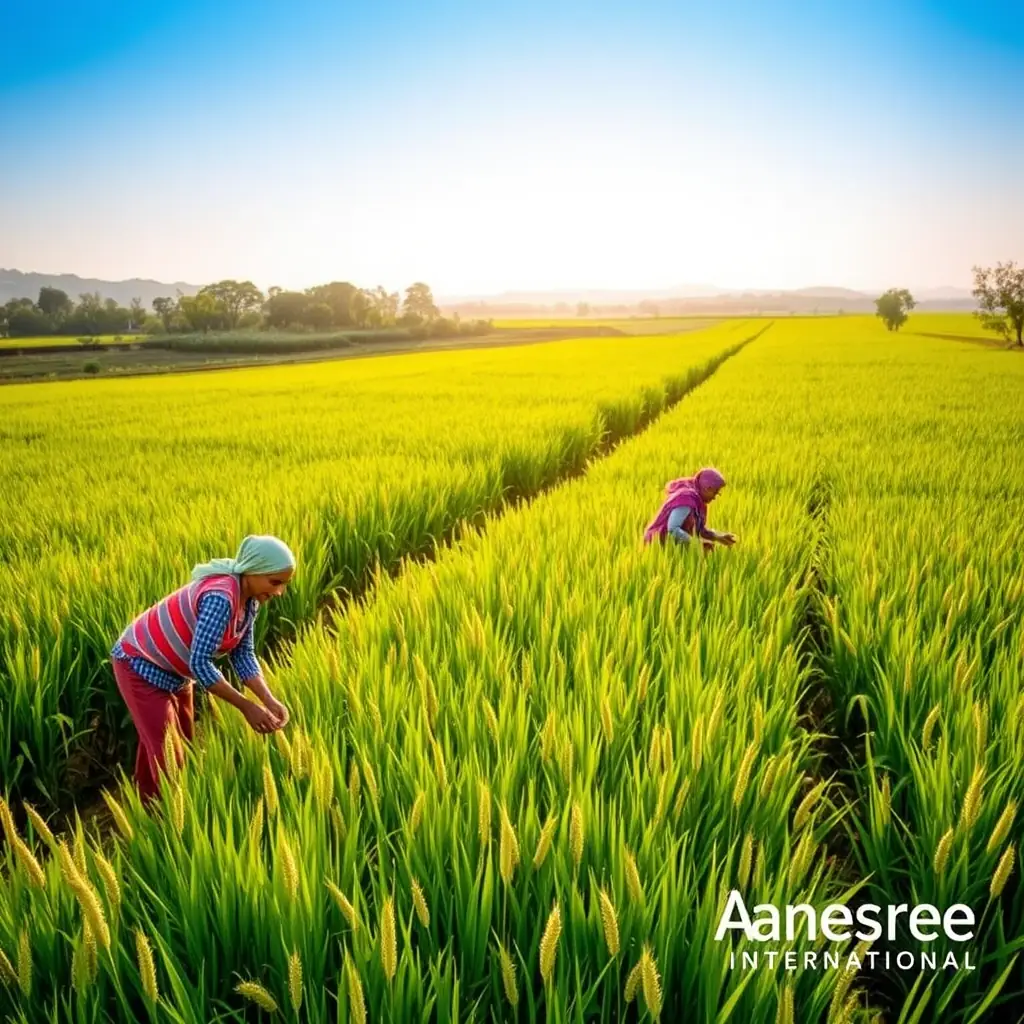Barnyard Millet
Discover the delightful of flakes.
Flakes can refer to many types of food, such as cereal flakes, fish flakes, or chocolate flakes, depending on the context. They often add texture, flavor, or variety to dishes. For example, cereal flakes are commonly eaten with milk for breakfast, while fish flakes might be used in Japanese recipes like donburi or sushi. Chocolate flakes can serve as a topping for desserts like ice cream or cakes. Their versatility makes flakes a popular choice in many cuisines.



Types of Flakes
Flakes in food refer to thin, flat, and small pieces of various ingredients commonly used in cooking or as toppings. Here are different types of flakes you might encounter in food:
1. Corn Flakes: Made from toasted corn, usually served with milk as a breakfast cereal.
2. Coconut Flakes: Thin slices of dried coconut, often used in baking or as a topping.
3. Chili Flakes: Crushed dried chilies, used to add heat and flavor to dishes.
4. Fish Flakes: Shredded or thin slices of dried fish, used as a topping or seasoning in Asian cuisines.
5. Onion Flakes: Dried and chopped onion pieces used for seasoning or cooking.
6. Potato Flakes: Dehydrated and mashed potato pieces, typically used in instant mashed potato recipes.
7. Salt Flakes: Crystallized flakes of salt, often used for garnishing and adding texture to dishes.
8. Oats Flakes: Flattened oats, usually used for making porridge or baked goods.
9. Choco Flakes: Crunchy cereal flakes coated with chocolate, a popular snack or breakfast option.
10. Almond Flakes: Thinly sliced almonds, commonly used as garnishes for desserts or salads.
Flakes contribute not only to texture and flavor but often add visual appeal to dishes as well.

Our Commitment to Ethical Sourcing
- Fair Labor Practices: Ensuring fair wages and safe working conditions for our farmers.
- Sustainable Farming: Promoting environmentally friendly agricultural methods.
- Community Empowerment: Supporting local communities through ethical sourcing.

